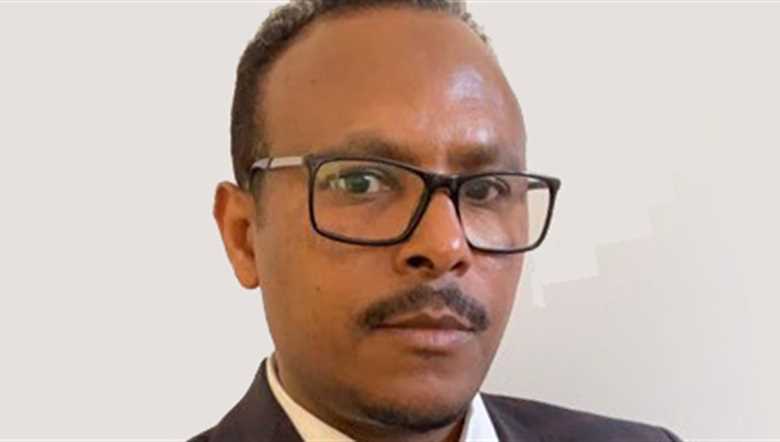Ethiopia has cancelled its plan to offer a new telecoms licence that would have brought a third company into the market, compete with Ethio Telecom and Safaricom.
The Ethiopian Communications Authority (ECA) said in a note to the industry that it had received “concerns and requests from several prospective bidders to delay the process”.
The ECA issued its original request for proposals for a third competitor at the end of September 2021 , saying it was inviting international and national telecommunications companies to take part in the sealed bidding process.
In May 2021, the Vodafone group – including Vodacom and Safaricom, its southern African and Kenyan partners – was reported to have paid US$850 million for its licence, beating MTN of South Africa, which bid a reported $600 million.
The successful contender will offer services under the Safaricom brand, competing with state-owned Ethio Telecom.
In September the Ethiopian government also published its request for proposals to sell a 40% stake in Ethio Telecom, though it set no deadline for proposals. Orange, which once had a management contract for Ethio Telecom, said it would bid.
Meanwhile, Licence B, as the ECA called the new licence for a third operator, was due to be issued this month, just days after the deadline for responding to the RFP in late December.
But two days after the deadline for proposals, the ECA called the whole thing off, saying prospective bidders had asked it to delay the RFP to “a more convenient time in the future”. The announcement said the ECA “fully concurred” with the request from the companies, which it did not name.
It will “relaunch the process in the near future”, said the ECA, but it did not give an estimate.
Back in September 2021 Balcha Reba (pictured), director general of the ECA, said: “The goal of liberalising our telecoms sector has always been to drive competition and attract greater private sector investment as a key part of Ethiopia’s digital transformation.”
However, the ECA has struggled to find competitors willing to invest in the market, despite the low penetration of mobile phones, an Ethio Telecom monopoly until 2021.There were no other bidders, despite widespread initial interest.
